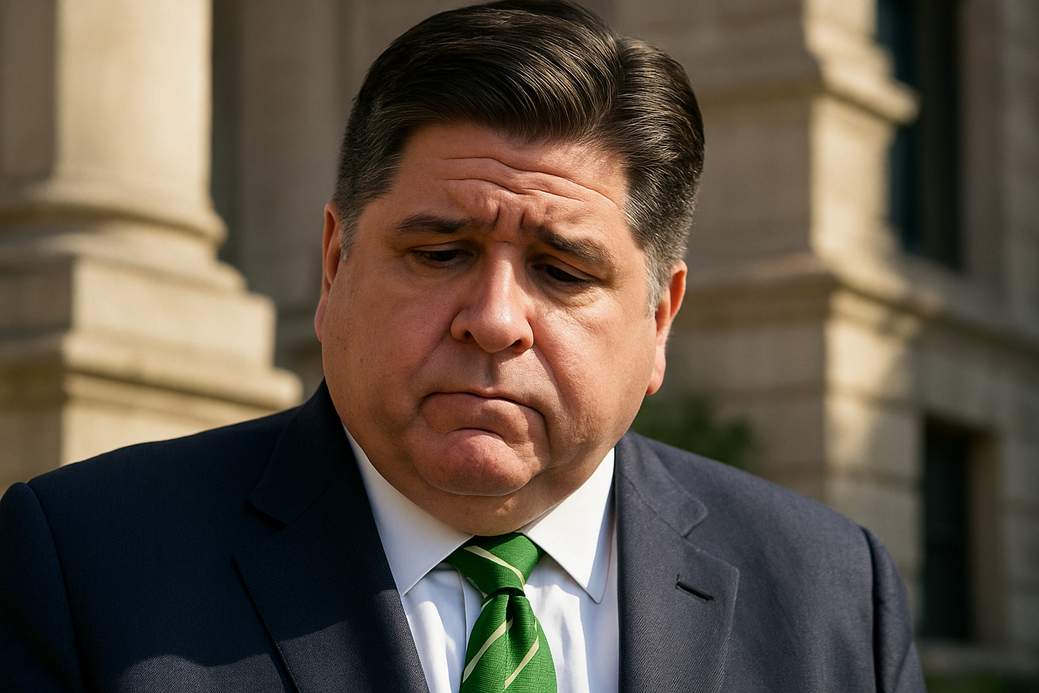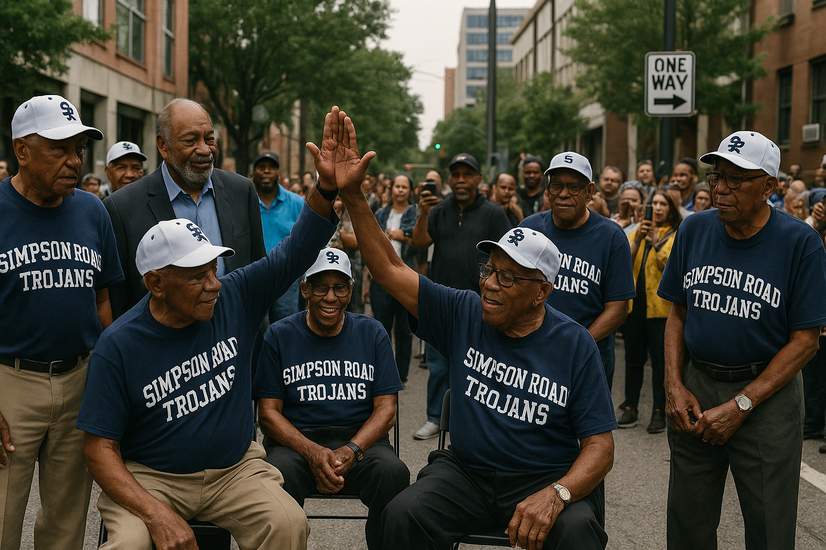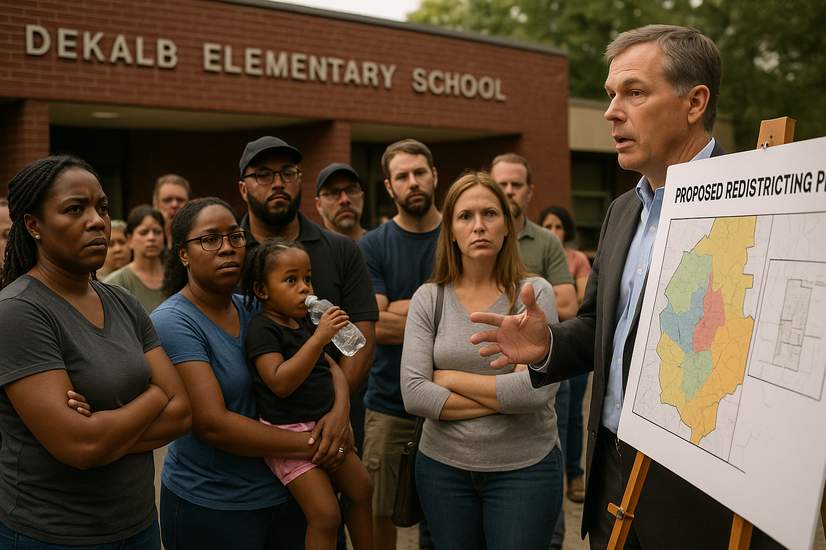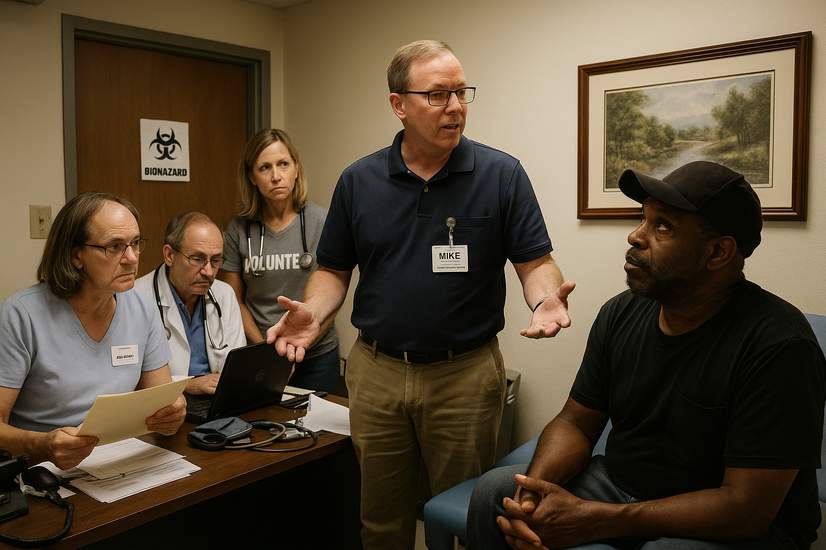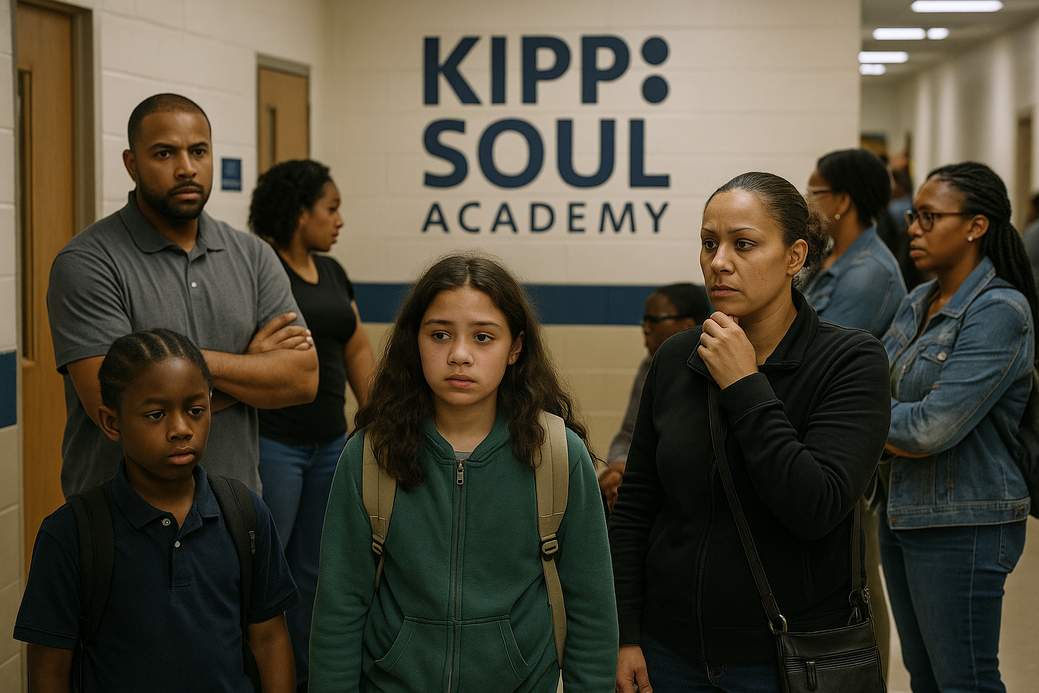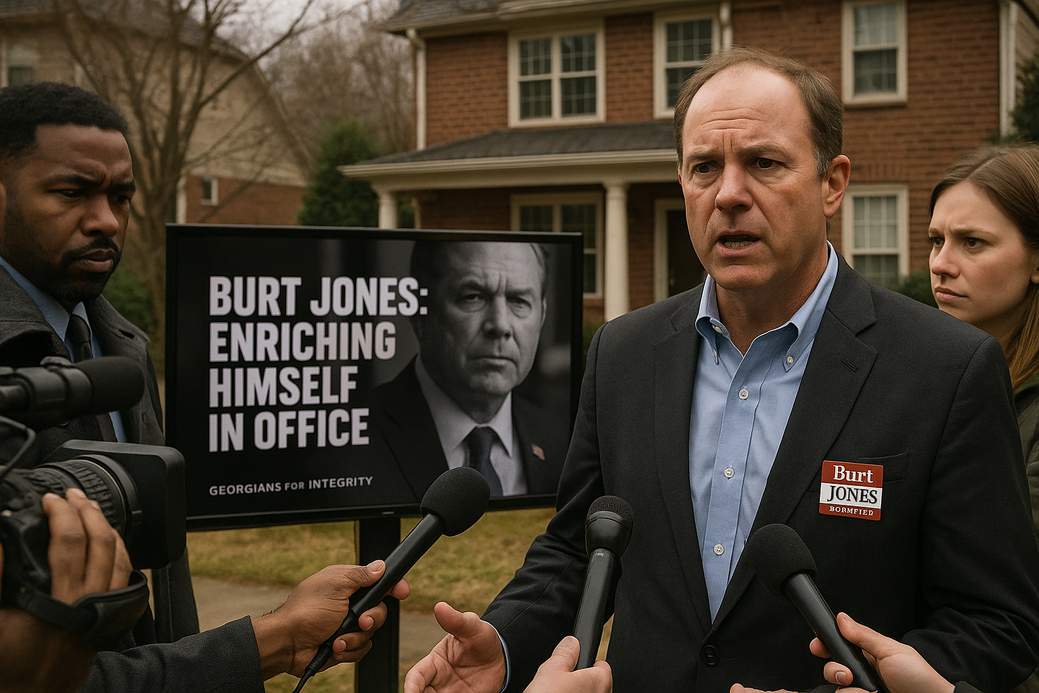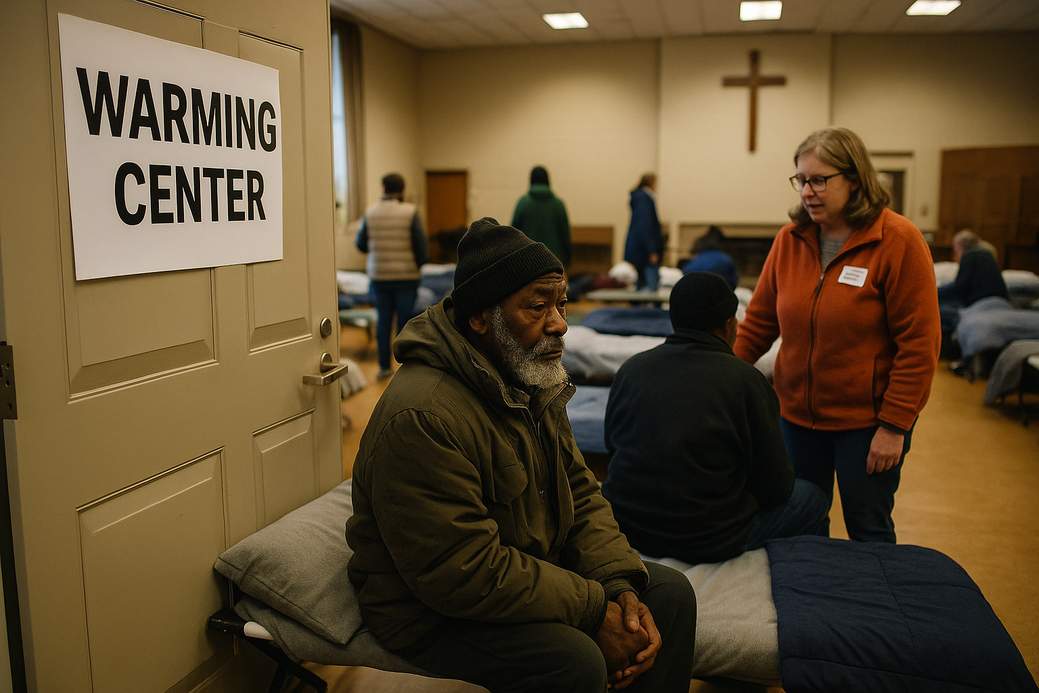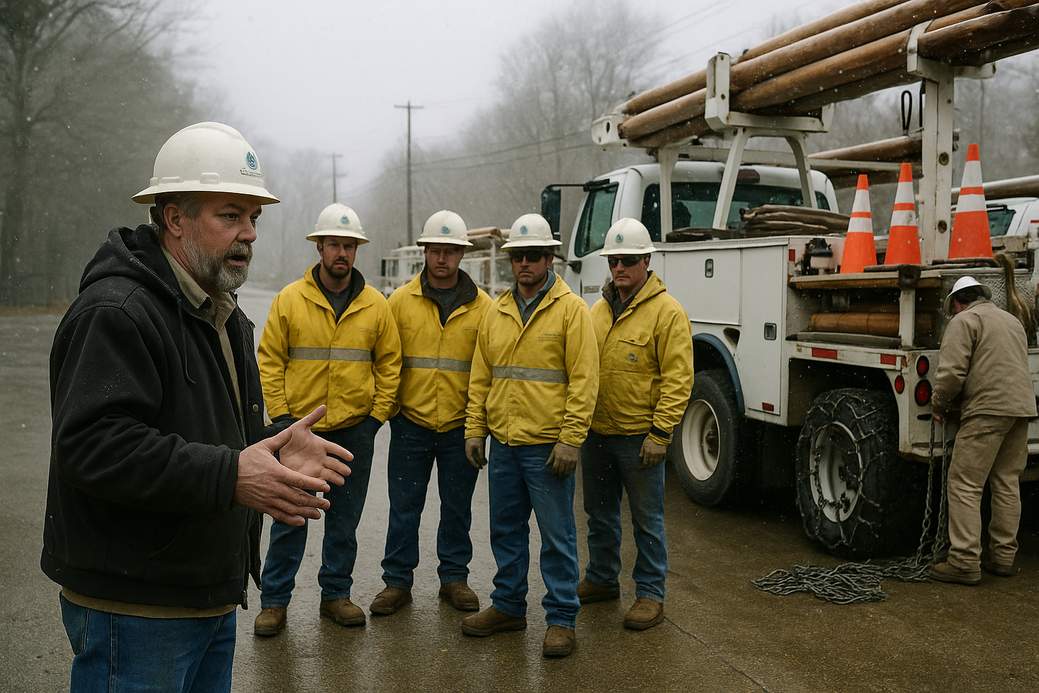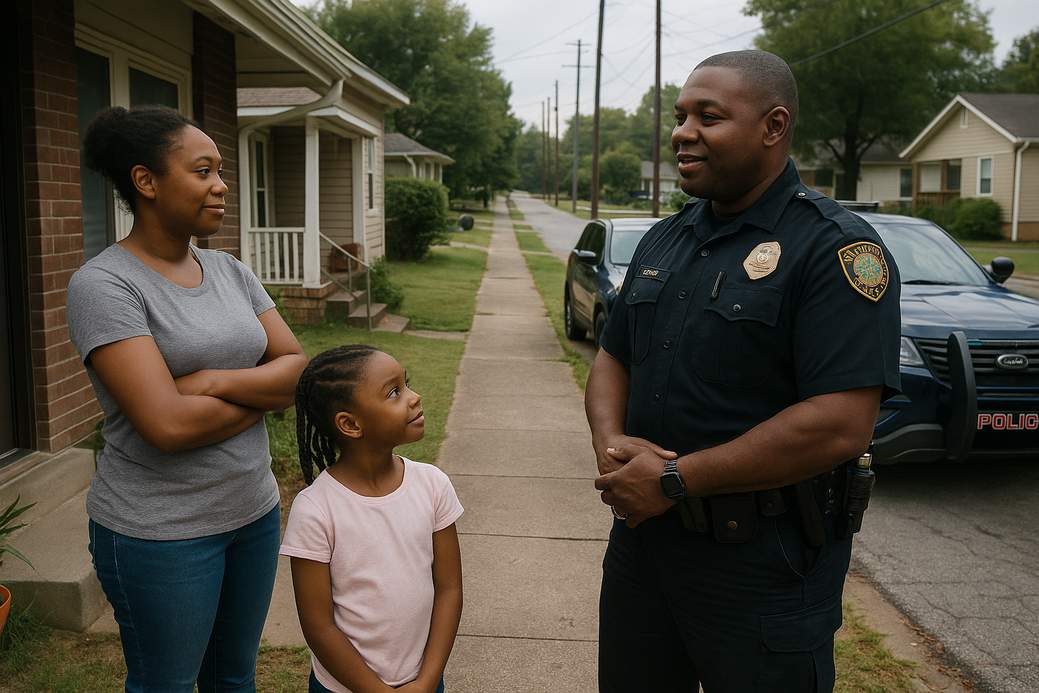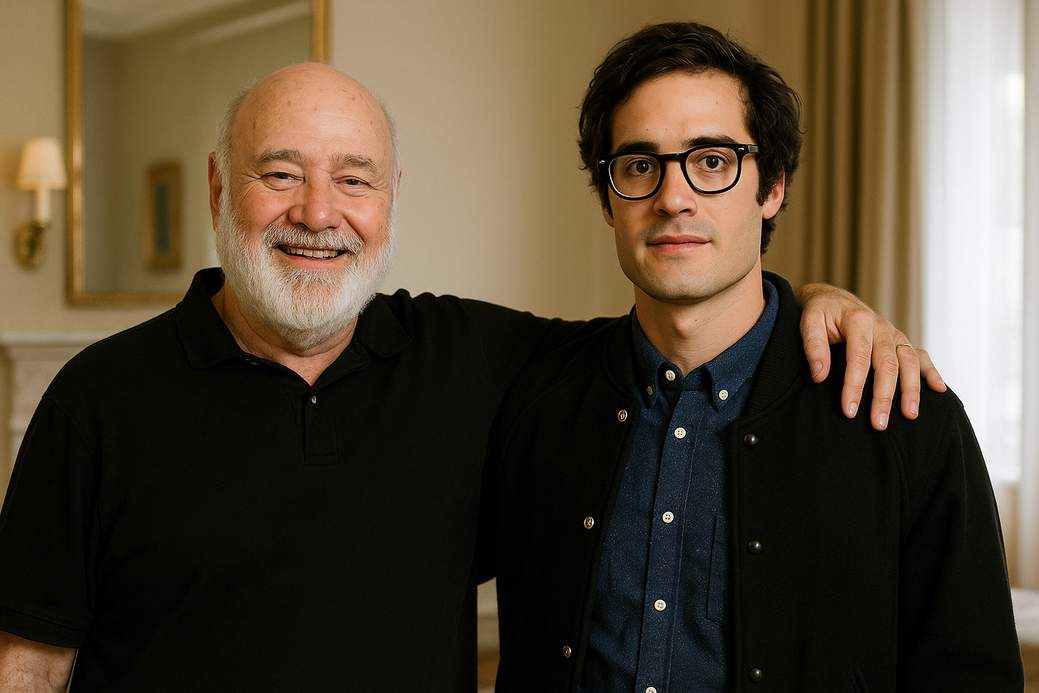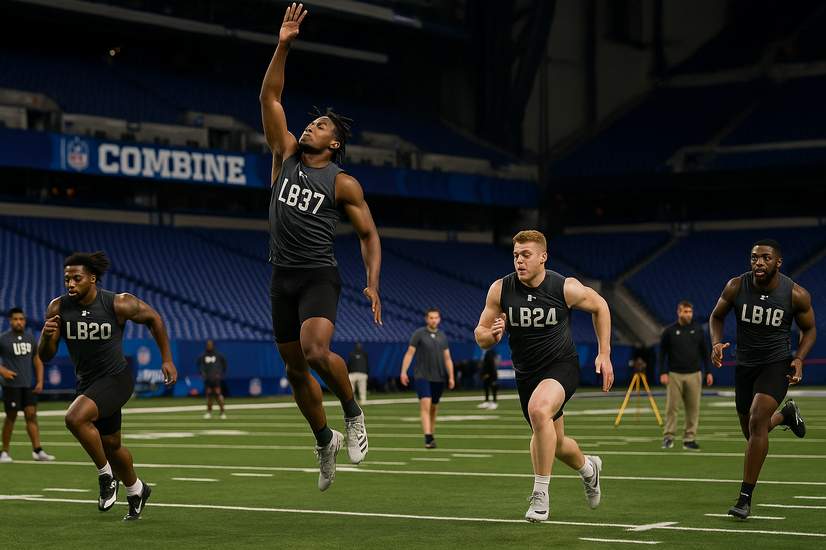Quick recap
Illinois Gov. J.B. Pritzker said President Trump ordered members of the Texas National Guard to be sent to Illinois, along with other states such as Oregon. The number being discussed is roughly 400 guardspeople federalized for duty in multiple locations.
What Pritzker is saying
Pritzker says no one from the federal government called him to coordinate the move and blasted the deployment as an unwanted use of military forces inside a state. He urged Texas’ governor to pull any support and not help execute the plan, arguing that National Guard troops shouldn’t be treated like political props.
Greg Abbott’s answer
Texas Gov. Greg Abbott pushed back, saying he authorized the deployment to protect federal personnel. His message was essentially that if federal officials need protection and aren’t going to provide it, the Texas Guard will step in.
Why this popped off
The backdrop includes recent clashes between protesters and federal agents in and around Chicago suburbs. Authorities say dozens have been arrested at demonstrations, and a separate incident in Brighton Park involved an agent shooting a woman during a confrontation that officials say included vehicles blocking and ramming a federal vehicle.
Federalization and legal twists
A Pentagon memo reportedly called for hundreds of National Guard troops to go to Illinois. Pritzker says the Trump administration gave an ultimatum — call up your own Guard or the feds will. At the same time, judges have already stepped in elsewhere: orders sending California guardspeople to Oregon were temporarily blocked by a court, and legal fights over deployments are unfolding.
What’s still fuzzy
It’s not clear when or where any Texas Guard troops would actually show up in Illinois, or which missions they would perform. Expect more court action and political grandstanding before there’s any clarity.
Takeaway (TL;DR)
Short version — governors are squabbling, troops are being federalized on paper, judges are getting involved, and normal people are left wondering whether this is serious or just another news-filled soap opera. Either way, tensions are high and the situation could change quickly.
Who reported this
This story lists contributions from Adam Harrington and Marissa Sulek. Jeramie Bizzle, a web producer who started at the outlet as an intern and returned to a full-time web role, also worked on the coverage.

